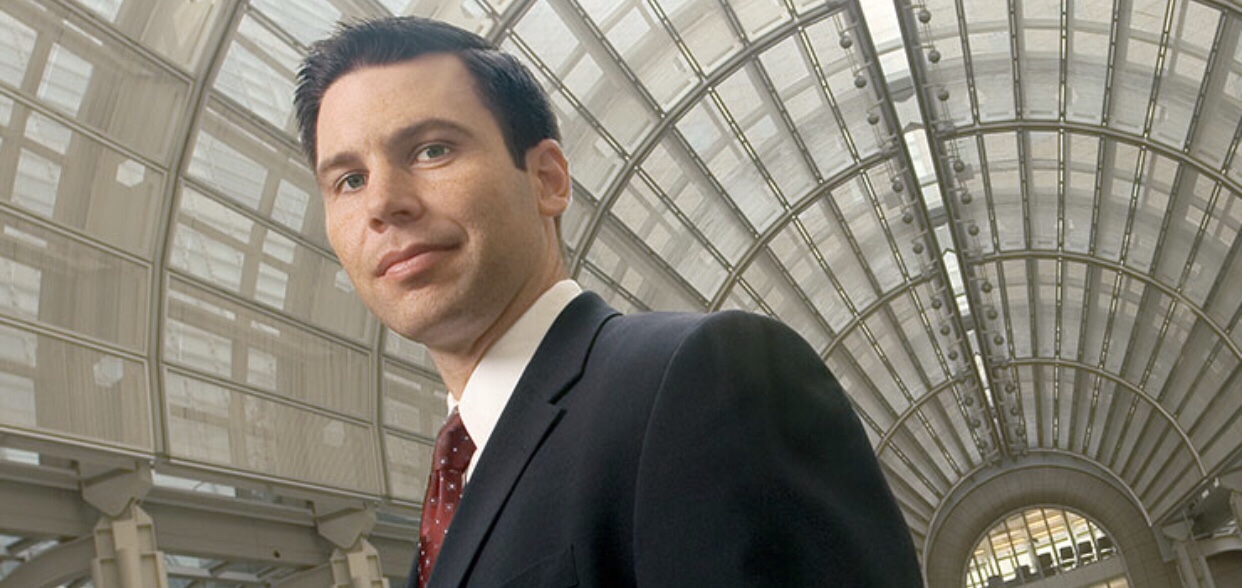The Business Insider has made a number of syrveys on expectationa from UK Business (retailers) in relation to Brexit. This is what they found out:

This certainly confirm the view we hve from our interaction on multiple levels with companies from multinationals to SMEs shaping an important part of the supply and value chain.
The way to mitigate these concerns is for Government to present – as soon as possible – the technical solutions for borders and customs, and for the private sector to start preparing today. Businesses need to do the trade analysis, look at their; production lines, values chains, supply chains, partner and service provider networks etc.
Now we know the timeline. It is less than 1000 days to end of December 2020.
My recommendation: start now.
Source: Business Insider
The Senate has approved President Donald Trump’s nomination of Kevin McAleenan to lead the U.S. Customs and Border Protection.
This is an excellent decision. McAleenan is a career officer that holds a great reputation among his peers in the international customs community. Kevin McAleenan, once recruited to U.S. Customs and Border Protection by my old friend former Commissioner Judge Rob Bonner, has had an outstanding career and he is the perfect leader for USCBP in these challenging times.

McAleenan, who has served as CBP commissioner on an acting basis since January 2017, was nominated for the full-time position in March of last year.
He manages approximately 60,000 CBP personnel and the agency’s $13 billion annual budget for border security, counterterrorism and trade enforcement programs.
Previously, McAleenan held the deputy commissioner role and helped develop strategies to guard U.S. borders against terrorist attacks and transnational criminal networks.
Congratulations Kevin. Congratulations USCBP!
As soon as you’re born they make you feel small
By giving you no time instead of it all
Till the pain is so big you feel nothing at all
A working class hero is something to be
A working class hero is something to be

They hurt you at home and they hit you at school
They hate you if you’re clever and they despise a fool
Till you’re so fucking crazy you can’t follow their rules
A working class hero is something to be
A working class hero is something to be

When they’ve tortured and scared you for twenty-odd years
Then they expect you to pick a career
When you can’t really function you’re so full of fear
A working class hero is something to be
A working class hero is something to be
Keep you doped with religion and sex and TV
And you think you’re so clever and classless and free
But you’re still fucking peasants as far as I can see
A working class hero is something to be
A working class hero is something to be
There’s room at the top they’re telling you still But first you must learn how to smile as you kill
There’s room at the top they’re telling you still
But first you must learn how to smile as you kill
If you want to be like the folks on the hill
A working class hero is something to be
A working class hero is something to be
If you want to be a hero well just follow me
If you want to be a hero well just follow me
See the video here: John Lennon: A Working Class Hero






You must be logged in to post a comment.